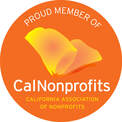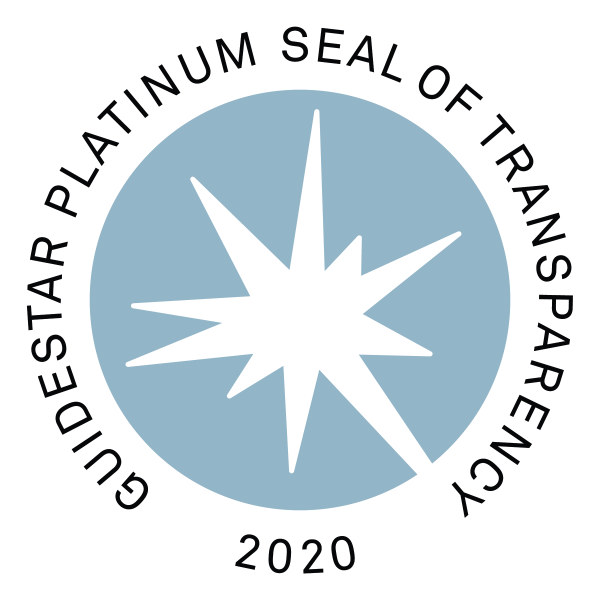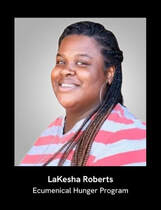 LaKesha Roberts was recently tagged by Chan Zuckerberg Initiative as a Change-Maker for her work and impact on our community. Following is an excerpt of the full article which can be found here. LaKesha Roberts: Assisting Neighbors in Need with Compassion LaKesha Roberts is the associate director of the Ecumenical Hunger Program (EHP). She began working at the organization as a volunteer and is passionate about serving her community and dedicated employees. For Roberts, working at EHP is more than a job. Its mission is to provide compassionate, dignified and practical assistance to families and individuals experiencing economic and personal hardship. The East Palo Alto, California, organization offers several programs, including emergency food assistance, resources for children, and advocacy. Ecumenical Hunger Program is one of CZI’s Community Fund partners. How It Started My interest in helping others started with my grandmother, Nevida Butler, former director of the Ecumenical Hunger Program and current outreach staff member. This was her life. Everything about her was EHP. Growing up, I was able to see the work she did and the impact it had. When I used to go to the grocery store with her, everybody wanted to stop and thank her for all that she’s done. It always warmed my heart. I could say it’s hereditary, as my mother and current EHP executive director, Lesia Preston, shared the same compassion and service for the community that was passed down to me. I’ve volunteered in the program since my high school days at Eastside College Preparatory School in East Palo Alto, California. To be able to give my time and impact somebody’s life is something that has always moved me. Even in school, I was always willing to help or take time for others. LaKesha Roberts’ passion for serving her community is multi-generational, as both her mother and grandmother are dedicated to the same mission. I remember being at EHP during the holidays one year, and news reporters were interviewing a family about our Christmas program and its impact. A dad and his son were answering questions, and the little boy said he only wanted an iPod for Christmas. I overheard the interview while listening to an iPod and packing gifts and felt terrible. Here’s a kid who really wanted one, and because of the family’s situation, he would never be able to afford it. So I thought, “Can I give him mine?” We ended up having iPods as Christmas gifts, so we gave him one. I wasn’t planning on coming back to EHP to work. When I went to school, I studied math and education and was set on being a teacher. But after four years of my education minor and going out to schools, I realized I didn’t want to be a teacher anymore. It wasn’t because it wasn’t great; I simply didn’t see myself in a classroom. If you’ve ever been fortunate enough to experience the culture of EHP, you would understand that it’s a feeling like no other. When I finished at Bryn Mawr College in Pennsylvania, I moved to Texas to live with my grandmother after she retired. I worked in an emergency shelter. She became sick and returned to California, so I followed. That same weekend I returned to California, it was EHP’s community block party event. The receptionist had found a new job, and I offered to fill in since I was between jobs. From there, I ended up staying. I worked in several positions — part-time in the food closet, donation pickups, full-time program manager, etc. — before I arrived in my current position as associate director, which the EHP board created for me. How It’s Going I’ve been fortunate to be able to work with the Ecumenical Hunger Program for over a decade and counting. I don’t know when we can say we’re out of the pandemic, but surviving that is probably my most significant accomplishment at EHP. Before COVID-19, we were serving 100-120 families a day. When COVID hit, we were serving 300 families. And on our highest day, we served more than 400. It got really busy here. We shut down all of our services in the warehouse and only focused on food because that’s what our families needed at the time. We had lines wrapped around the block day in and day out — in the heat. We moved everything outside to serve community members safely in the parking lot, which is how we created the drive-thru service. During the height of the COVID-19 pandemic, Roberts and the EHP team adapted by distributing groceries via a drive-thru and shortening the staff’s work week without loss of pay. | Photo courtesy of Roberts We also changed our scheduling from a five-day operation to three days a week so we could go strong and then give the staff a break. EHP still paid for the full five days because we value their work and dedication. The team here worked incredibly hard. Getting through COVID and having the staff still be here, in addition to keeping up with and managing to serve all the families that we did, is a huge accomplishment. I’m very proud of that. Our organization works hard to be open and serve everyone. We don’t turn away anyone — and we never want to. We want everyone to feel comfortable to receive services here. Even if from out of our area, we serve anyone who comes and help them connect to other resources that will be more beneficial to them. We work closely with our families and try to engage with them as much as possible to determine their needs and ensure we meet them. EHP also partners with other agencies in our community to ensure that we are not duplicating their efforts, but to find out how we can all be a part of the solution for the families we’re serving. Looking to the Future The pandemic showed us that no matter what is thrown at us or the obstacles we face, we will figure out a way to keep pushing forward. Right now, we’re going through some serious changes, and EHP is working on providing solutions to supply our clients with the food servings and provisions they need. Roberts says that EHP doesn’t turn anyone away, even if outside of the organization’s service area. Instead, they connect clients with the resources they need. | Photo courtesy of Roberts Since the pandemic, we have been surviving off the partnerships of the food bank and other neighboring partners for our food supply. However, due to the toll of the pandemic’s aftermath, we’ve not been able to provide our family with the necessities they’re now accustomed to. We’ve been purchasing food every month — thousands and thousands of dollars of food that we never had to buy before. So, that makes it all scary. Still, I have hope. We genuinely value our donors who have come to the forefront and did everything they could to ensure we were supported during that time.
0 Comments
|
EHP HappeningsKeep current by linking with our RSS feed! Categories |
|
EHP is a proud member of the California Association of Nonprofits.
Read about Ecumenical Hunger Program on Charity Navigator, America's largest and most-utilized independent evaluator of charities, and add us to your charities! EHP is a platinum level GuideStar Exchange participant, demonstrating its commitment to transparency. Write a review about us! |
Open Monday-Thursday, 8 AM-6 PM
2411 Pulgas Avenue ~ East Palo Alto, CA ~ 94303 ~ 650.323.7781 ~ [email protected]
2411 Pulgas Avenue ~ East Palo Alto, CA ~ 94303 ~ 650.323.7781 ~ [email protected]
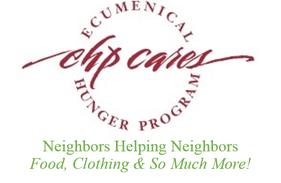
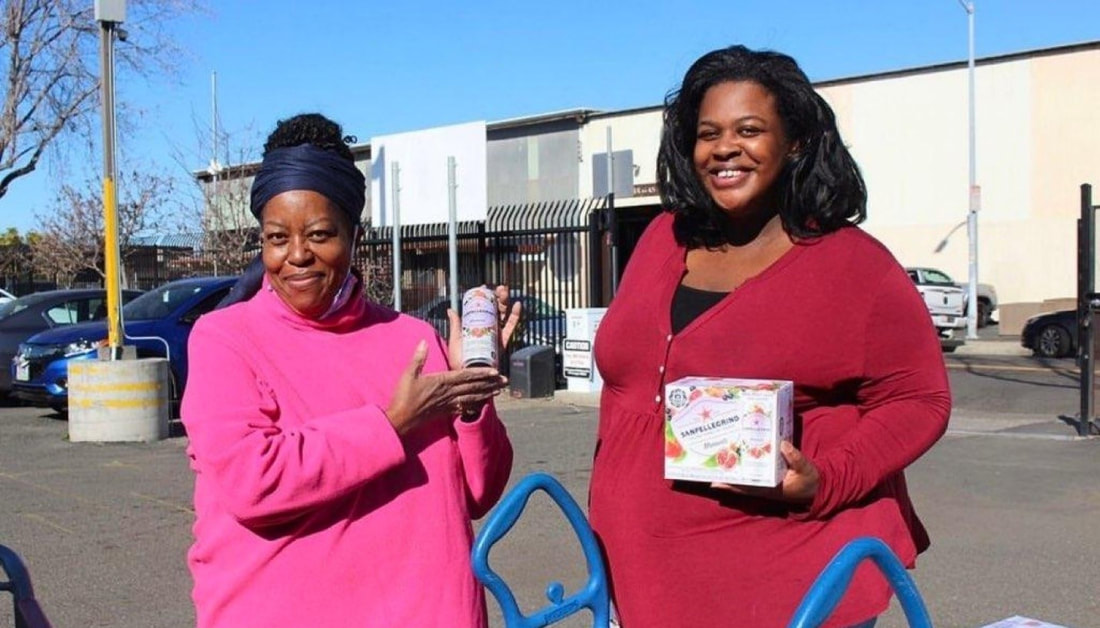
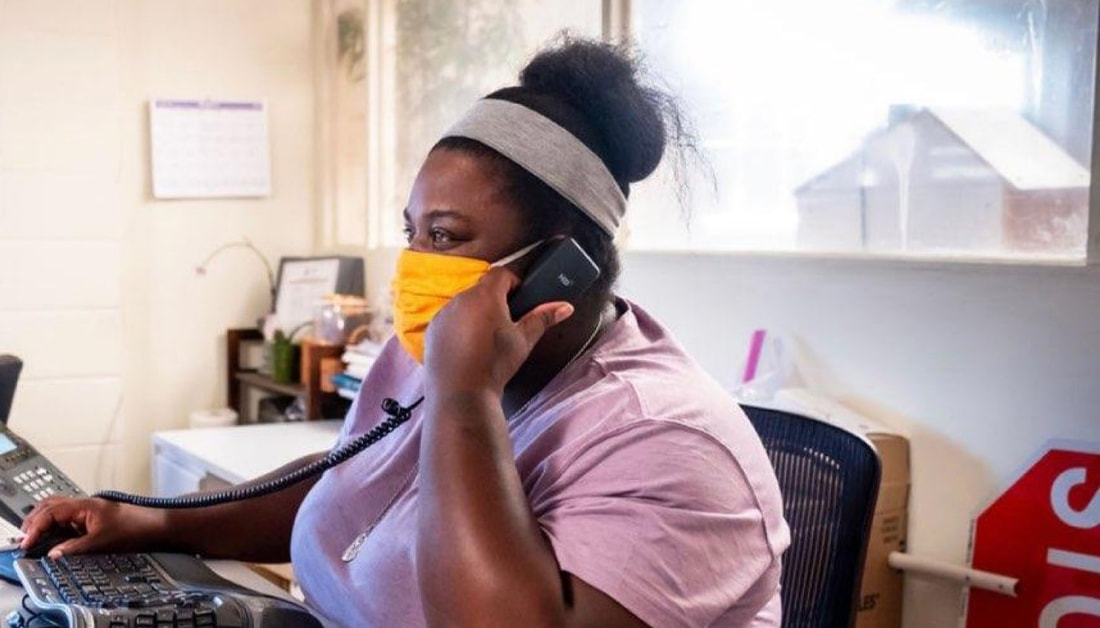
 RSS Feed
RSS Feed
